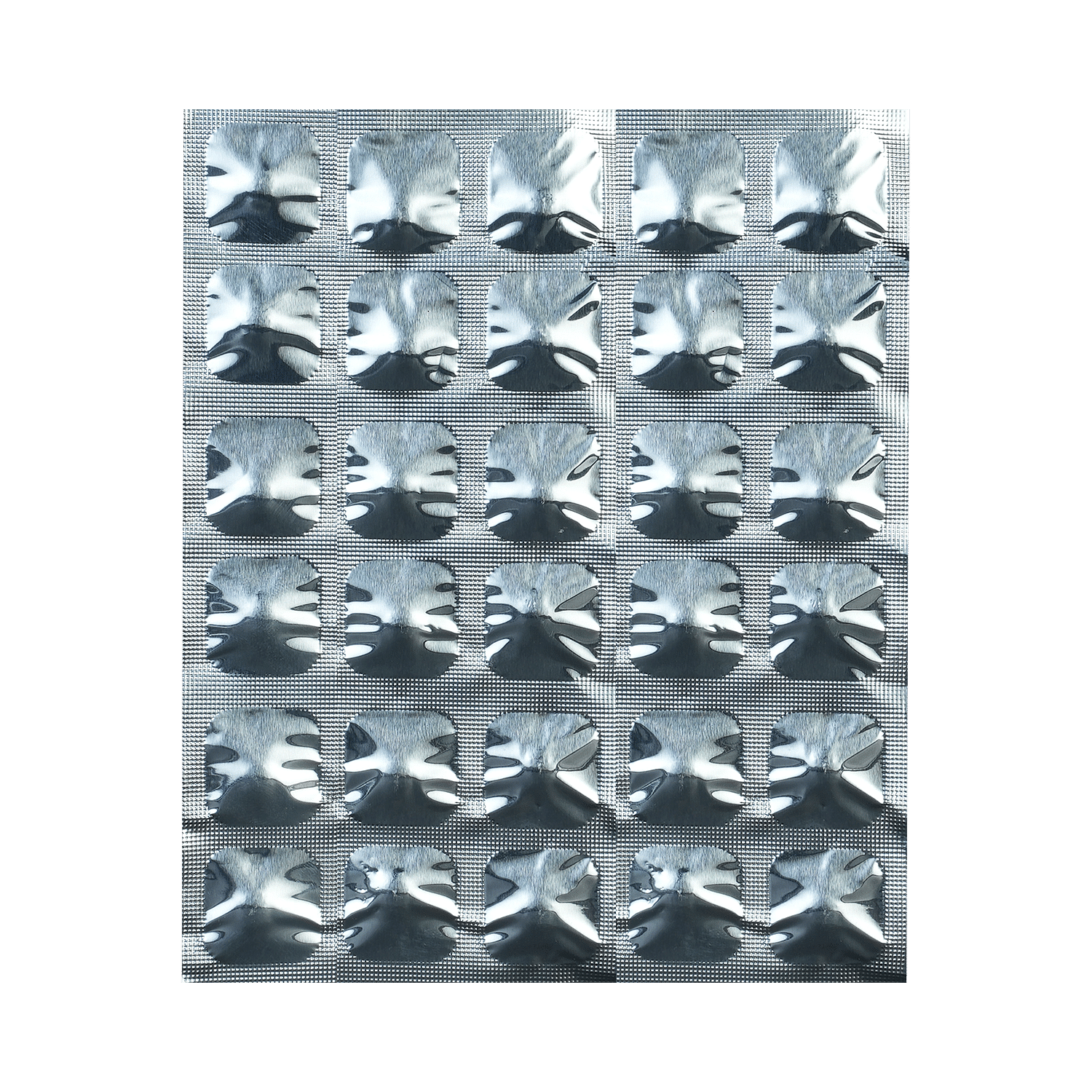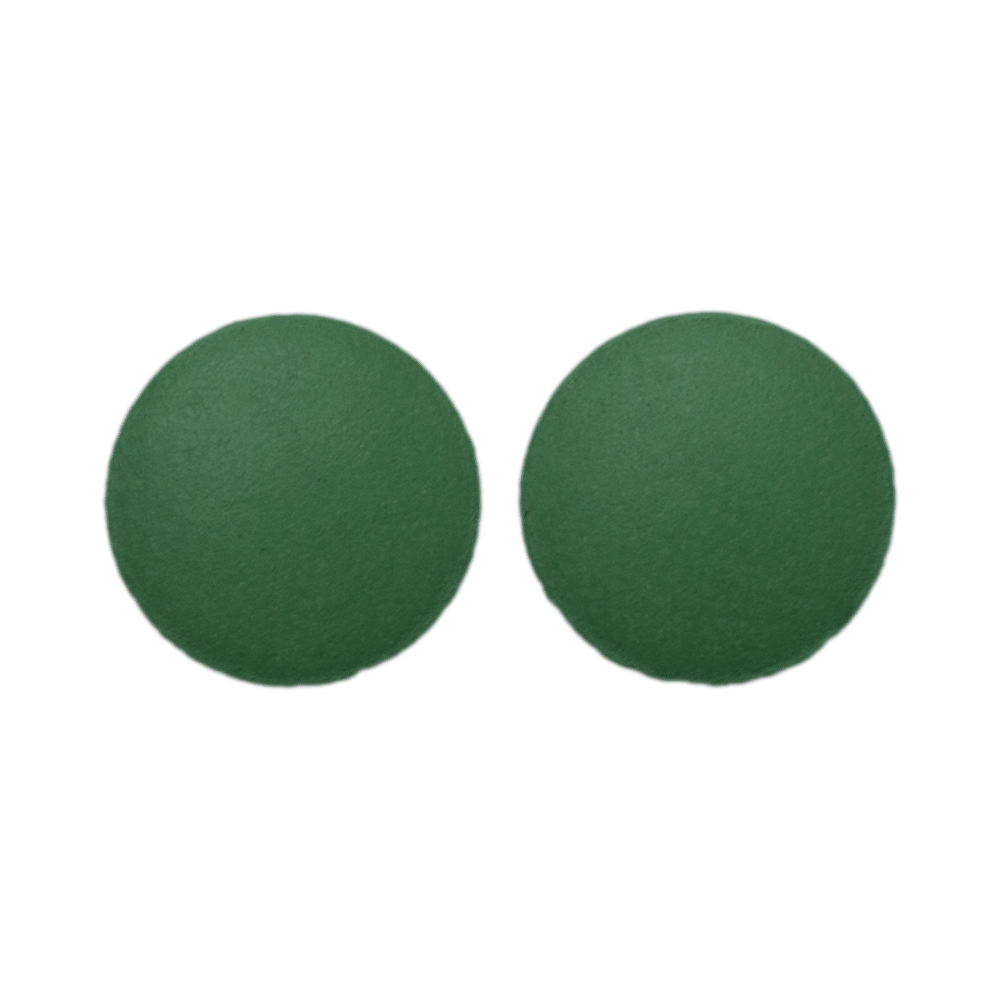
Rantidine 150mg Tablet
Manufacturer
Cipla Ltd
Salt Composition
Ranitidine (150mg)
Key Information
Short Description
Rantidine 150mg Tablet is a medicine that reduces the amount of acid your stomach makes. It is used to treat and prevent heartburn, indigestion, and other symptoms caused by too much acid in the stomach.
Dosage Form
Tablet
Introduction
Rantidine 150mg Tablet is also commonly prescribed to prevent stomach ulcers and heartburn seen with the use of painkillers. The medicine must be taken in dose and duration as prescribed by the doctor. How much you need and how often you take it will depend on what you are being treated for. Follow the advice of your doctor. This medicine should relieve indigestion and heartburn within a few hours and you may only need to take it for a short time when you have symptoms. If you are taking it to prevent ulcers and other conditions you may need to take it for longer. You should keep taking it regularly to prevent problems from happening in the future. You may be able to help improve your symptoms by eating smaller meals more often and avoiding spicy or fatty foods.
Directions for Use
Take this medicine in the dose and duration as advised by your doctor. Swallow it as a whole. Do not chew, crush or break it. Rantidine 150mg Tablet may be taken with or without food but it is better to take it at a fixed time.
Safety Information
Side Effects
Headache Constipation Feeling drowsy or tired Diarrhea
Alcohol Warning
It is unsafe to consume alcohol with Rantidine 150mg Tablet.
Breastfeeding Warning
Rantidine 150mg Tablet is probably safe to use during breastfeeding. Limited human data suggests that the drug does not represent any significant risk to the baby.
Pregnancy Warning
Rantidine 150mg Tablet is generally considered safe to use during pregnancy. Animal studies have shown low or no adverse effects to the developing baby; however, there are limited human studies.
Interacting Medicines
Efavirenz Nevirapine Acarbose Atazanavir
How it works
Rantidine 150mg Tablet is a histamine H2 receptor blocker that reduces the amount of acid made in the stomach. It relieves acid-related indigestion and heartburn.
Quick Tips
Take this medicine in the dose and duration as advised by your doctor Swallow it as a whole. Do not chew, crush or break it Take it with or without food but it is better to take it at a fixed time Inform your doctor if you do not feel better after taking Rantidine 150mg Tablet for 2 weeks Inform your doctor if you have ever been diagnosed with kidney disease as dose of your medicine may need to be adjusted Do not stop taking the medication without talking to your doctor
Related Medicines

Zintac-150 Tablet

Histac 150 Tablet

Rantac 150 Tablet

Aciloc 150 Tablet

Renitab 150mg Tablet

Ranbro 150mg Tablet

Eurotac 150mg Tablet

LANTAC 150 MG TABLET

Udidine 150mg Tablet

Ranee 150mg Tablet
Frequently asked questions
Is Rantidine 150mg Tablet safe for long-term use?
The safety of using Rantidine 150mg Tablet for extended periods is not fully established. While it is generally considered a relatively safe medication, individual responses may vary. Always follow your doctor's instructions regarding duration and dosage.
Can I take Rantidine 150mg Tablet empty stomach?
Rantidine 150mg Tablet can be taken with or without food. It may be taken once daily before bedtime, or twice daily in the morning and before bedtime as recommended.
Is Rantidine 150mg Tablet effective?
Rantidine 150mg Tablet's effectiveness is contingent on proper use, including taking it for the correct indication at the prescribed dosage and duration, as advised by your doctor. If you don't experience improvement in your condition while using this medication, consult with your physician. Do not alter your dose or stop treatment without consulting your doctor.
What are the dos and don’ts while taking Rantidine 150mg Tablet?
It's crucial to avoid aspirin and other painkillers used to treat arthritis, period pain, or headaches because they may irritate your stomach and worsen your condition. Discuss potential alternatives with your doctor. Additionally: Avoid caffeine (coffee, tea, cocoa, and cola) as these substances can further irritate the stomach. Opt for smaller, more frequent meals while eating slowly and chewing thoroughly. Avoid rushing during mealtimes. Consider abstaining from smoking.
Can I take alcohol with Rantidine 150mg Tablet?
Alcohol consumption does not interfere with the function of Rantidine 150mg Tablet. However, it's best to avoid alcohol as this may delay healing and exacerbate stomach issues.
How long does it take for Rantidine 150mg Tablet to start working?
Rantidine 150mg Tablet begins showing effect within 15 minutes after administration. Its effects are expected to remain throughout the day or night.
What is the difference between Rantidine 150mg Tablet and omeprazole?
Rantidine 150mg Tablet and Omeprazole belong to distinct medication categories. Rantidine 150mg Tablet belongs to the H2 receptor antagonists group, while Omeprazole falls under the proton pump inhibitor (PPI) class. Both medications reduce stomach acid levels to alleviate symptoms and aid in healing.


